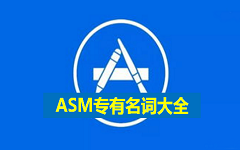Distantly-Supervised Named Entity Recognition (DS-NER) is widely used in real-world scenarios. It can effectively alleviate the burden of annotation by matching entities in existing knowledge bases with snippets in the text but suffer from the label noise. Recent works attempt to adopt the teacher-student framework to gradually refine the training labels and improve the overall robustness. However, these teacher-student methods achieve limited performance because the poor calibration of the teacher network produces incorrectly pseudo-labeled samples, leading to error propagation. Therefore, we propose: (1) Uncertainty-Aware Teacher Learning that leverages the prediction uncertainty to reduce the number of incorrect pseudo labels in the self-training stage; (2) Student-Student Collaborative Learning that allows the transfer of reliable labels between two student networks instead of indiscriminately relying on all pseudo labels from its teacher, and further enables a full exploration of mislabeled samples rather than simply filtering unreliable pseudo-labeled samples. We evaluate our proposed method on five DS-NER datasets, demonstrating that our method is superior to the state-of-the-art DS-NER methods.
翻译:暂无翻译



